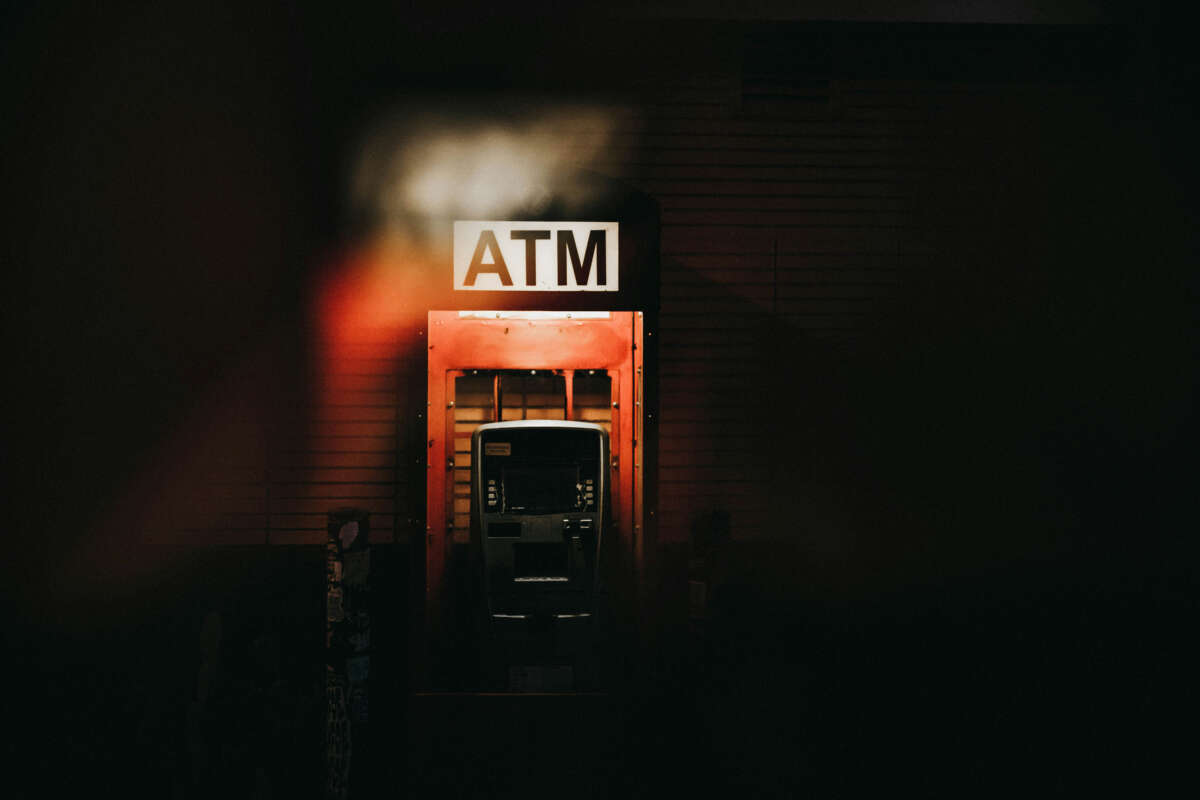Did you know that Truthout is a nonprofit and independently funded by readers like you? If you value what we do, please support our work with a donation.
A new survey highlights how most Americans would be unable to use their savings in order to pay for an unexpected expense.
While the poll from Bankrate acknowledged the country’s falling inflation numbers and strong employment trends, it added that “many Americans still don’t have enough savings for a rainy day.”
The annual survey, which Bankrate has conducted for the past 13 years, notes that only 44 percent of Americans could pay for a $1,000 emergency through a savings fund they are currently maintaining. The remaining 56 percent of Americans would have to take other actions, with more than a third saying they would be forced to go deeper into debt.
Sixteen percent of Americans would reduce their spending habits elsewhere in order to cover the cost of an emergency, the survey found, while 35 percent would have to borrow money to pay for it, either through taking out a personal loan, paying through credit cards or asking family members or friends for aid. Five percent said they’d “do something else,” an answer which Bankrate didn’t delve into.
The survey also found that 57 percent of Americans are uncomfortable with the amount of savings they have for emergencies. Twenty-two percent of Americans have no emergency fund set up at all — the second lowest rate in Bankrate’s history of polling on the question.
The U.S. has been experiencing numerous positive economic indicators as of late, including low unemployment, a reduction in inflation and continued economic growth over the past year. On Thursday, the Commerce Department announced that the gross domestic product grew by 3.3 percent in the past year.
However, those economic gains aren’t being felt in households across the country, as inflation has raised the costs of goods to the point where most Americans say they are living paycheck-to-paycheck.
The issue is likely to play a major role in the 2024 presidential election. Typically, incumbent presidents are viewed as more vulnerable when the economy isn’t doing well. The fact that most Americans aren’t experiencing the effects of positive economic indicators firsthand could be problematic for President Joe Biden, who is seeking reelection in the fall.
Polling data on the question is indeed alarming for Biden. According to an Economist/YouGov poll published this week, 19 out of 20 registered voters (95 percent) view inflation and rising prices as an important issue. Those voters also gave Biden failing marks on the matter — just 37 percent of registered voters approve of Biden when it comes to inflation and prices, while 58 percent disapprove.
A terrifying moment. We appeal for your support.
In the last weeks, we have witnessed an authoritarian assault on communities in Minnesota and across the nation.
The need for truthful, grassroots reporting is urgent at this cataclysmic historical moment. Yet, Trump-aligned billionaires and other allies have taken over many legacy media outlets — the culmination of a decades-long campaign to place control of the narrative into the hands of the political right.
We refuse to let Trump’s blatant propaganda machine go unchecked. Untethered to corporate ownership or advertisers, Truthout remains fearless in our reporting and our determination to use journalism as a tool for justice.
But we need your help just to fund our basic expenses. Over 80 percent of Truthout’s funding comes from small individual donations from our community of readers, and over a third of our total budget is supported by recurring monthly donors.
Truthout’s fundraiser ends tonight! We have a goal to add 122 new monthly donors before midnight. Whether you can make a small monthly donation or a larger one-time gift, Truthout only works with your support.
